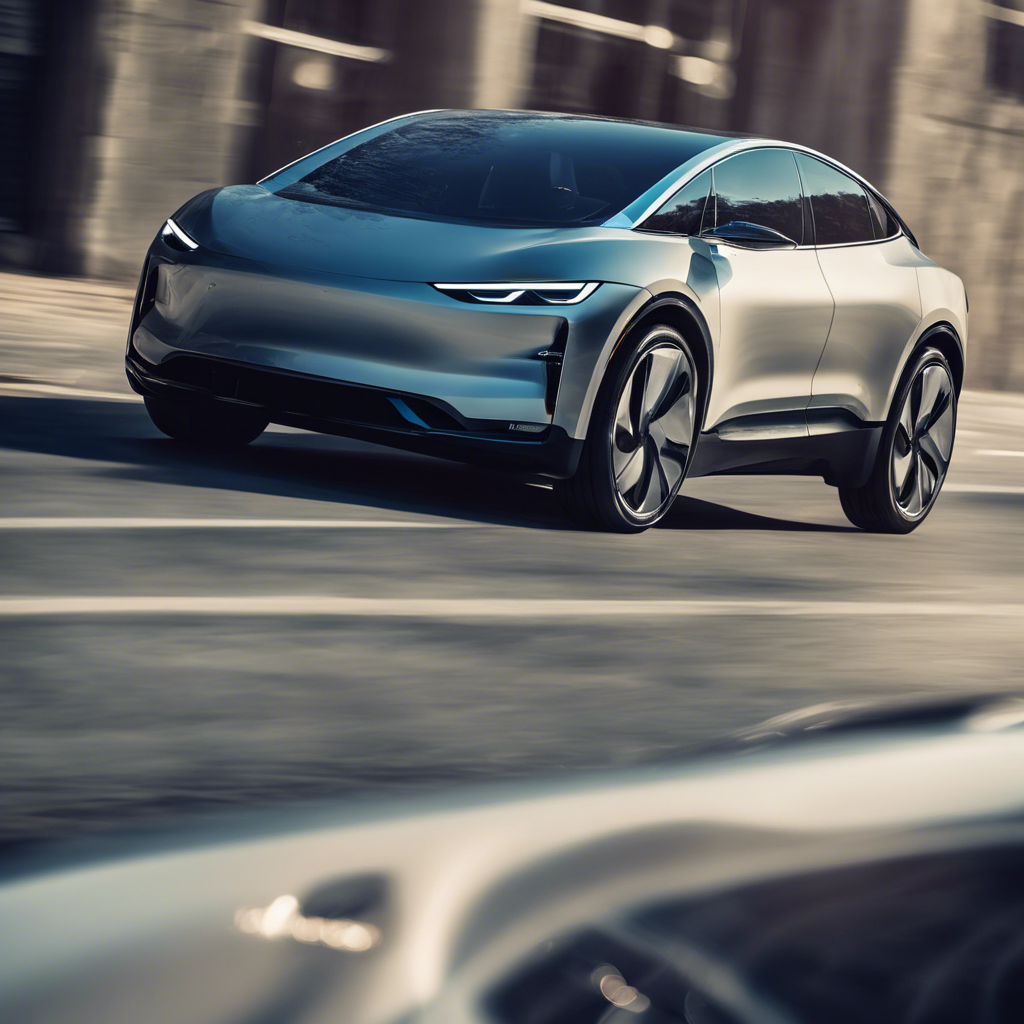The Rise of Electric Vehicles: Revolutionizing the Automotive Industry

How Electric Vehicles are Transforming the Way We Drive
In recent years, the automotive industry has witnessed a remarkable shift towards electric vehicles (EVs). As concerns about climate change and air pollution continue to mount, governments, automakers, and consumers alike are embracing the idea of a cleaner and more sustainable future. With advancements in technology, the affordability of EVs, and the growing infrastructure to support them, we are witnessing a revolution in the way we drive.
The Environmental Benefits of Electric Vehicles
Electric vehicles offer a promising solution to combat the environmental challenges posed by traditional gasoline-powered cars. Unlike internal combustion engines, EVs produce zero tailpipe emissions, reducing greenhouse gas emissions and improving air quality. According to a study by the Union of Concerned Scientists, driving an EV produces less than half the emissions of a gasoline-powered car over its lifetime. By transitioning to electric vehicles, we can significantly reduce our carbon footprint and mitigate the impact of transportation on climate change.
Technological Advancements Driving EV Innovation
The rapid advancements in battery technology have been instrumental in driving the adoption of electric vehicles. Lithium-ion batteries, which power most EVs, have become more efficient, affordable, and capable of longer ranges. Tesla, a leading player in the EV market, has made significant strides in battery technology, achieving longer ranges and faster charging times. Additionally, companies like Rivian and Lucid Motors are pushing the boundaries of innovation, introducing cutting-edge features and designs that challenge traditional automotive norms.
Government Support and Incentives
Governments around the world are playing a crucial role in promoting the adoption of electric vehicles. Many countries have implemented policies and incentives to encourage consumers to switch to EVs. For instance, Norway offers generous tax breaks, free parking, and toll exemptions for EV owners. China, the world’s largest EV market, provides substantial subsidies and has set ambitious targets for EV sales. These government initiatives are not only driving consumer demand but also encouraging automakers to invest in EV production and research.
The Changing Landscape of Charging Infrastructure
One of the main concerns for potential EV owners is the availability of charging infrastructure. However, significant progress has been made in expanding charging networks globally. Public charging stations are becoming more prevalent in urban areas, shopping centers, and along major highways. Companies like Electrify America and ChargePoint are investing heavily in building a comprehensive charging infrastructure, making long-distance travel in EVs more feasible. Moreover, the emergence of fast-charging technologies allows EV owners to recharge their vehicles in a matter of minutes, further reducing range anxiety.
The Economic Impact of Electric Vehicles
The rise of electric vehicles is not only transforming the automotive industry but also creating new economic opportunities. The production and sale of EVs have led to job growth in manufacturing, research, and development sectors. According to a report by the International Labour Organization, the transition to electric mobility could create up to 10 million new jobs globally by 2030. Additionally, as EVs become more mainstream, the demand for lithium-ion batteries and other components is expected to surge, benefiting the battery industry and related supply chains.
Conclusion:
The rise of electric vehicles signifies a paradigm shift in the automotive industry. With their environmental benefits, technological advancements, government support, and expanding charging infrastructure, EVs are poised to become the future of transportation. As more consumers embrace electric mobility, we can expect further innovations, increased affordability, and a cleaner, more sustainable future. The transition to electric vehicles is not just a trend but a transformative movement that will shape the way we drive for generations to come.

